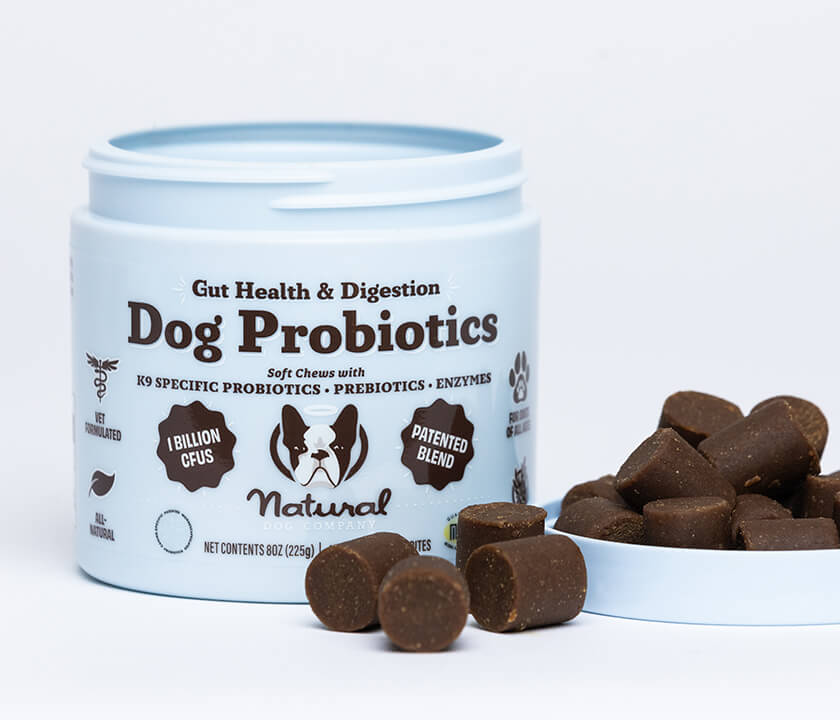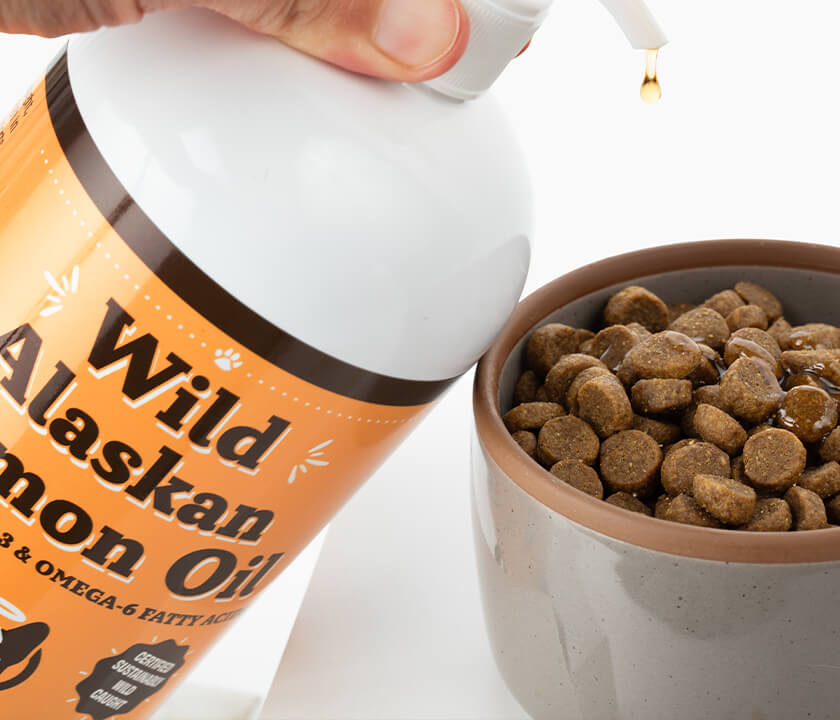Is acupuncture for your pet something you should pursue? This is a question that is best answered by a veterinarian that has been trained in TCVM (Traditional Chinese Veterinary Medicine).
The proper application of TCVM treatments which include Chinese herbs, acupuncture, acupressure, as well as food energy therapy can be combined with western and conventional treatments since there are characteristics of each perspective that are able to work in synergy. On top of that, by integrating both TCVM and western approaches, a more thorough evaluation of the entire body of a pet can be achieved by the vet so an appropriate suggestion of prevention and treatment can be provided.
TCVM and acupuncture are able to benefit all stages of life, from young to old, as well as can treat a variety of conditions. One of the aspects of a TCVM approach is determining and resolving the underlying issues behind the illness that is occurring. This can reduce the effect of chronic illness which is cumulative. Since the majority of the health problems a pet has are diagnosed once an illness is well advanced, striving to prevent the disease from occurring is crucial.
How Can Veterinary Acupuncture Benefit My Cat or Dog?
The release of the body’s natural anti-inflammatory and pain relieving substances is stimulated through veterinary acupuncture. With acupuncture therapy, the body creates not only a local sense of relaxation within the muscles where the needle is inserted, but it also creates a generalized effect of pain relief throughout the entire being. Removal of metabolic wastes and toxins, oxygenation and the tissue blood flow is improved with veterinary acupuncture.
With veterinary acupuncture, there are no potential adverse side effects for the internal organs of a pet as there are with over the counter and prescription pain medications. There will be no adverse interaction with veterinary acupuncture and any medication or supplements that your pet may be on, so it is safe to use with a variety of conditions.
How Does Veterinary Acupuncture Work?
 What acupuncture does is promote the body to be able to heal itself. From the perspective of TCVM, by correcting the imbalance of energy in the body, veterinary acupuncture encourages healing. Nervous system stimulation, blood circulation and the release or pain relieving and anti-inflammatory hormones is enhanced by the natural healing ways of acupuncture.
What acupuncture does is promote the body to be able to heal itself. From the perspective of TCVM, by correcting the imbalance of energy in the body, veterinary acupuncture encourages healing. Nervous system stimulation, blood circulation and the release or pain relieving and anti-inflammatory hormones is enhanced by the natural healing ways of acupuncture.
Acupuncture involves needles being inserted into the tissue of the body where blo
od vessels and nerve bundles come together. The term for these collections of vascular and nervous tissue is acupuncture points. These are found in all surface areas of the body on energy channels referred to as meridians. Needle insertion is only one type of acupuncture treatment.
Other Acupuncture Treatments
1. Acupressure
Administering pressure to acupuncture points to bring about an effect that is similar to the insertion of needles. This is ideal for areas that are hard to reach, for instance where there may not be needle treatment available and for pets that are behaviorally challenging.
2. Acupuncture
The injection of liquids such as diluted B12, homeopathics, chondroprotective medications, etc. An energetic change is exerted by the liquid by pushing the tissues out of the way.
3. Moxibustion
The application to needles of Chinese herbal compounds that are heated. Pets who are older or who suffer from conditions that involve muscle soreness and/or joints stiffness can greatly benefit from heat.
4. Electrostimulation (Estim)
Needles that are inserted into acupuncture points course electric currents into the body. Spasming muscles are relaxed with estim and can help the body to reestablish nervous impulses after there has been damage, for example, spinal cord or nerve root damage due to an intervertebral disc being ruptured, etc.
5. Laser Laser energy is used to stimulate acupuncture points. Although a “hot” topic in the world of veterinary physical rehabilitation, it is actually quite “cool”. Significant heat is not generated from most lasers that burn skin or hair. Lasers are a great way for acupuncture treatments that are “needle-less” to be provided especially for patients who do not easily tolerate the insertion of needles.
Which Conditions Can Veterinary Acupuncture Manage?
There are a variety of conditions that can be treated with veterinary acupuncture, especially those that involve pain and inflammation. The following list covers some of the more common veterinary ailments that acupuncture can naturally heal:
1. Arthritis
Joint inflammation, also known as arthritis can happen during any stage of life, from childhood, adulthood and of course in seniors, this causes various physiological changes that are quite painful.
2. Degenerative Joint Disease (DJD)
The progression of arthritis is known as DJD and is when the surfaces of the joints become irregular, this causes a range of motion that is decreased and pain that increases.
3. Trauma
Car accidents, surgery, falling and animal fights are types of trauma that can bring about inflammation and pain.
4. Cancer
Cancer can cause swelling of tissue and the enlargement of organ systems, this causes nausea, decreased appetite, pain and lethargy.
5. Metabolic Disease
Pancreatitis, Addison’s disease, kidney and liver failure, Cushing’s disease, feline hyperthyroidism, diabetes mellitus, hypothyroidism all cause nausea as well as changes in appetite and energy.
What Environment Is Best To Perform Veterinary Acupuncture?
Veterinary acupuncture that is house call based helps to alleviate the behavioral and physical stress which is associated form having to transport a pet to and from the veterinary location. On top of that, traditionally animal hospitals are areas where there is illness and a potential for exposure to a disease that is infectious is reduced by treating a pet in their home.
How Often Does a Pet Require Veterinary Acupuncture Treatment?
Cats and dogs will start fo with treatments that are more frequent and are later reduced to intervals that are less frequent for maintenance purposes. During the initial weeks, generally pets benefit from one to three treatment sessions on a weekly basis. What the goal is is to get to the point where there is a longer period of time where it seems that the condition of the pet has either been resolved or has improved.
The effect of undergoing veterinary acupuncture treatments are cumulative. Therefore, it is more beneficial to have consistent as opposed to intermittent treatment. Discuss your options with a certified TCVM acupuncturist so you and Fido can live out as many happy and healthy years together as possible.













